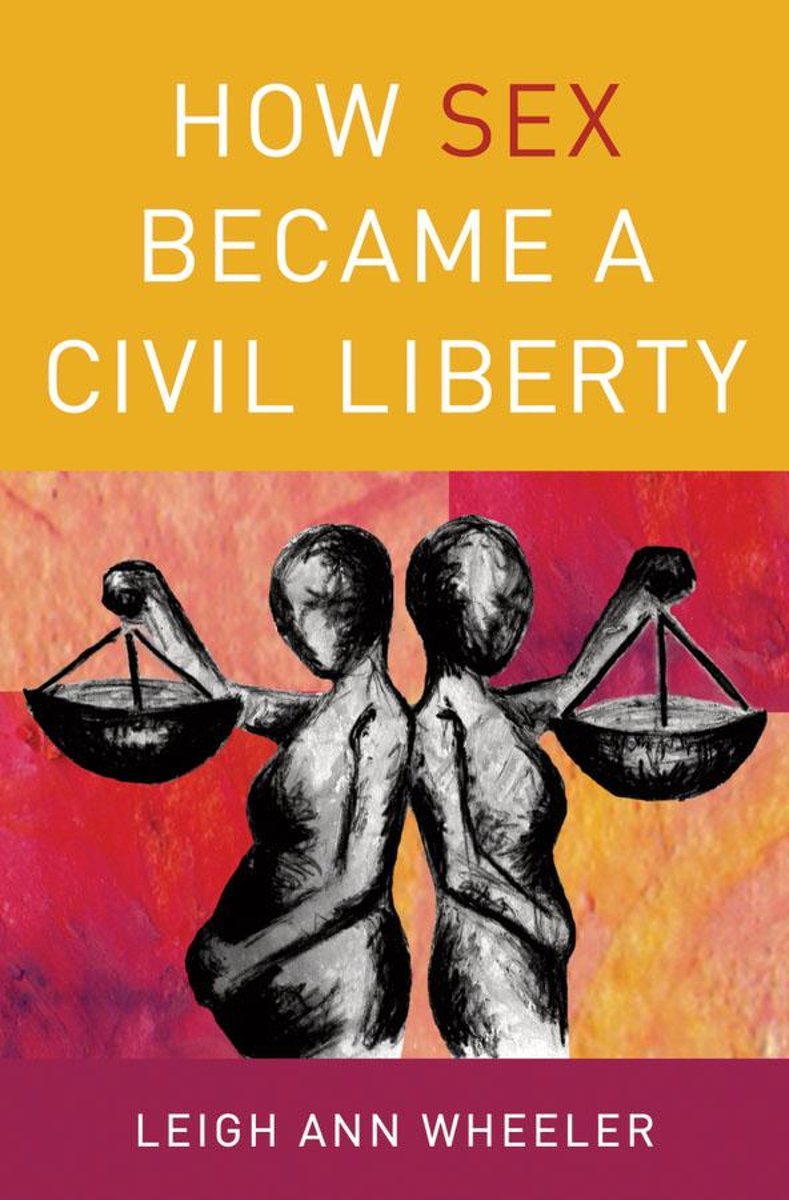“The state should keep out of the bedroom.”
From the founding of America to 1973, that claim would have been rejected by most citizens as naïve if not nonsensical. Laws against adultery, fornication, seduction, homosexuality, and sodomy were considered necessary for maintaining public order and decency, even if they largely went unprosecuted. But today, whether Christian or secularist, on the political left or right, almost all Americans agree not only that the state should stay out of our bedrooms but also that we have a near unfettered Constitutional right to sexual expression.
“Phrases such as ‘informed consent,’ ‘reproductive freedom,’ ‘the right to privacy’ and the ‘right to read [sexually explicit material],’ roll easily off the tongues of many if not most American adults today, conservatives as well as liberals,” writes Leigh Ann Wheeler in her provocative book, How Sex Became a Civil Liberty.
While discussing pornography with her students at the University of Minnesota, the history professor found that nearly every female student admitted she would not ask her boyfriend or husband to remove pornography from their home for “fear of violating his right to free speech.” This inability to distinguish between private conduct (an expectation of respect and decency in the home) and state action (violation of free speech rights), Wheeler found, was due to our civic and sexual culture having adopted the values of the American Civil Liberties Union (ACLU).
Wheeler’s book examines how the ACLU “found” a previously non-existent right to sexual liberty in the U.S. Constitution. The ACLU did not work alone, of course, and was rarely even in the vanguard of the sexual revolution. But the organization “used the idiom of civil liberties and the Constitution to shape public and legal discourse on sexuality even as it rode the waves of broader cultural shifts.” As a result, the ACLU reinterpreted the Constitution in a manner that changed the way Americans think about everything from abortion and divorce to child pornography and same-sex marriage.
From the Founding
Many Americans still consider the ACLU to be a group that focuses solely on protecting the rights of free speech. But the organization’s interest in expanding the realm of sexual expression began with the group’s founding in 1920. Almost all of the original leaders were involved in the “free love” movement of America’s first sexual revolution. These leaders engaged in open marriages and promoted loose sexual boundaries. Yet without access to effective birth control, the women in such relationships could not be as sexually “free” as the men. Not surprisingly, then, the ACLU became an early proponent of birth control and explicit sex education.

How Sex Became a Civil Liberty
Leigh Ann Wheeler
From there the ACLU expanded its involvement in sexual activities by defending nudists. Although nudism remained a fringe activity without much public support, many ACLU leaders took a personal interest since they themselves practiced “casual nudism.” The organization soon began to treat nudism—and the right to read nudist magazines—as a civil liberties issue. This work not only paved the way for future defenses of obscenity and pornography, but also marked a profound shift in the ACLU’s thinking and strategy. As Wheeler explains, “ACLU leaders increasingly employed an idiom of commerce—the marketplace of ideas—that demanded unfettered consumers as well as producers of speech.”
Because we now take this idea for granted, it is difficult for modern Americans to fathom how radical it is that the First Amendment protects consumers as well as producers of speech. This newly discovered “freedom to read” would pave the way for the ubiquity of pornography—and reveal the lack of internal consistency with the ACLU’s logic.
For example, when it came to opting out of mass mailings of obscenity, the ACLU claimed citizens did not have a “right to privacy.” Two years later, though, they argued in the case of Griswold vs. Connecticut (1966) that a constitutional “right to privacy” protected the use of birth control. The ACLU would also later defend the right to read Playboy magazine in the workplace (in a case of a fireman at a fire house) even though they had previously advocated for strict policies against hostile environment sexual harassment. On a range of issues—such as rape and sexual harassment—the civil liberties paradigm “privileged access to overprotection from sexual expression, whether that expression came in the form of unsolicited sexual mail, unwanted sexual intercourse, or unwelcome sexual materials at work.”
Wheeler’s history of the ACLU shows that, “At the close of the twentieth century, sexual civil liberties were not necessarily the same as sexual freedom.” Sexual freedom entails freedom from engaging in unwanted sex expressions—whether indirectly, as in the cases public nudism and obscenity in the mail, or directly, as with rape and sexual harassment. But our embrace of consumerist model of sexual expression has completely eroded that liberty.
While this important and illuminating scholarly work will not appeal to all readers, it deserves a wide audience among Christians interested in social transformation. In reading Wheeler’s book, most Americans will be surprised both by how much of their own thinking has been shaped by the ACLU and by how the organization has done more to shape the First Amendment than did the Federalist Papers.




































